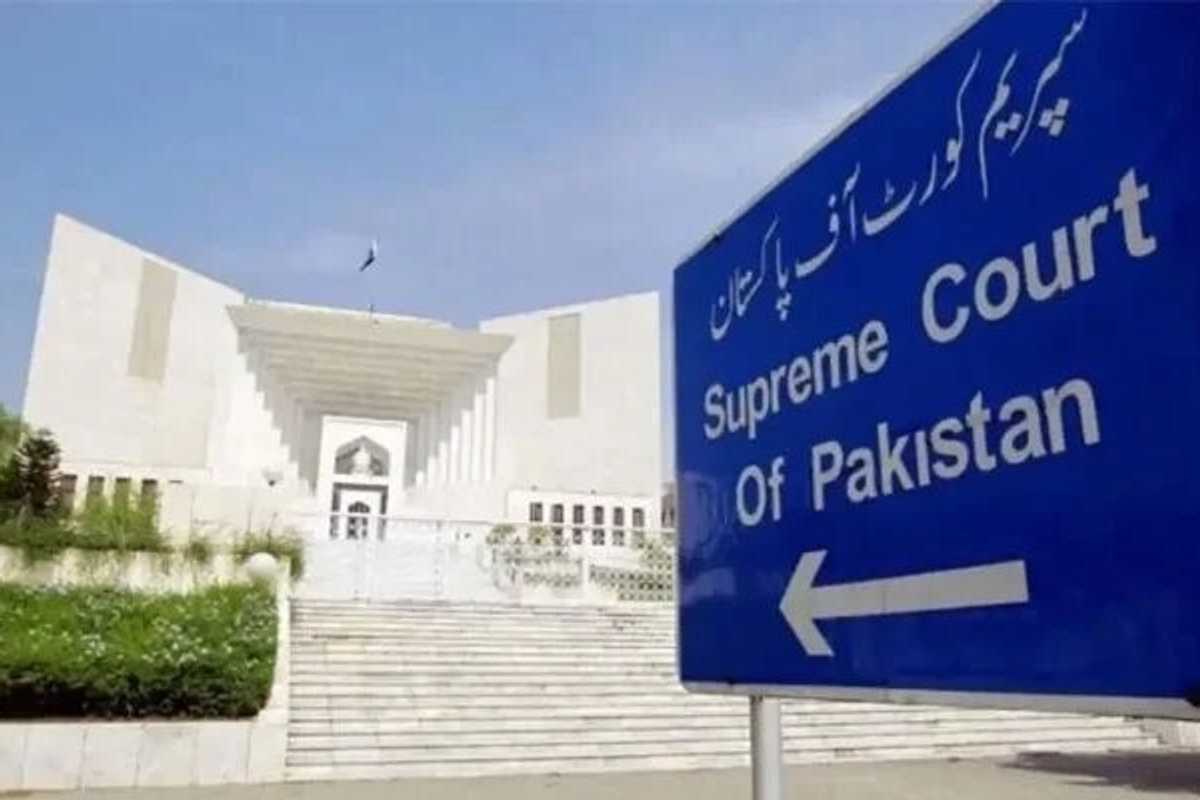Pakistan delays appointment of Islamabad High Court's permanent chief justice amid seniority row
Supreme Court directs all advocate generals to file written responses after consulting their high courts and providing updated seniority lists judges

Aamir Abbasi
Editor, Islamabad
Aamir; a journalist with 15 years of experience, working in Newspaper, TV and Digital Media. Worked in Field, covered Big Legal Constitutional and Political Events in Pakistan since 2009 with Pakistan’s Top Media Organizations. Graduate of Quaid I Azam University Islamabad.

The appointment of a permanent chief justice for the Islamabad High Court (IHC) is yet to take place, as the Judicial Commission of Pakistan (JCP) has excluded the matter from its upcoming meeting agenda, Pakistan’s top court was informed on Thursday.
Attorney General for Pakistan (AGP) Mansoor Usman Awan told a five-member constitutional bench — led by Justice Muhammad Ali Mazhar — that the JCP will meet on May 2 to consider appointments for the Peshawar and Balochistan High Courts. However, no discussion is scheduled on the IHC, where Justice Sardar Muhammad Sarfaraz Dogar will continue as acting chief justice until further notice.
The update came during the hearing of petitions challenging recent judicial transfers and appointments to the IHC, which critics say have violated seniority principles and procedural norms.
The JCP is tasked with appointments to the superior judiciary, including the Supreme Court, High Courts, and the Federal Shariat Court. It is mandated to uphold merit, integrity, and professional competence in the selection process.
A new twist also emerged in the case as the Islamabad High Court Bar Association (IHCBA) — which initially filed a petition opposing the appointments — withdrew its challenge after an internal resolution by its executive committee. However, the bar’s counsel, Faisal Siddiqi, disassociated himself from the move, claiming it was made without his approval.
Meanwhile, three judges recently transferred to the IHC from other high courts have declined to engage legal counsel. “They have conveyed through me that they do not wish to be represented and will accept whatever decision the court makes,” the AGP told the bench.
Justice Mazhar noted that the IHCBA’s petition was filed without executive authorization and confirmed that the transferred judges had filed separate constitutional petitions of their own.
In its written response, the federal government defended the appointments as legal and urged the court to dismiss the petitions. However, Justice Mazhar questioned the absence of written consent from the affected judges, the President, and the relevant chief justices -- calling it a significant gap in the official response. “If the matter is non-controversial, then proper written consent should have been included,” he remarked.
The bench directed all advocate generals to submit written replies after consulting their respective high courts, including updated seniority lists.
The next hearing is set for April 22.







Comments
See what people are discussing